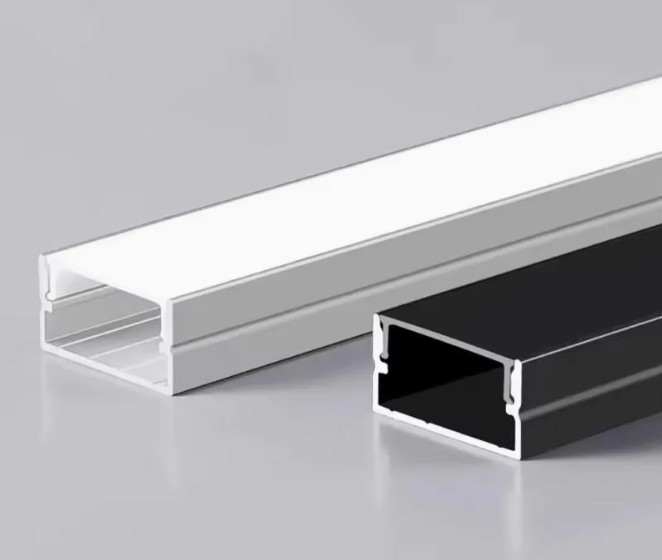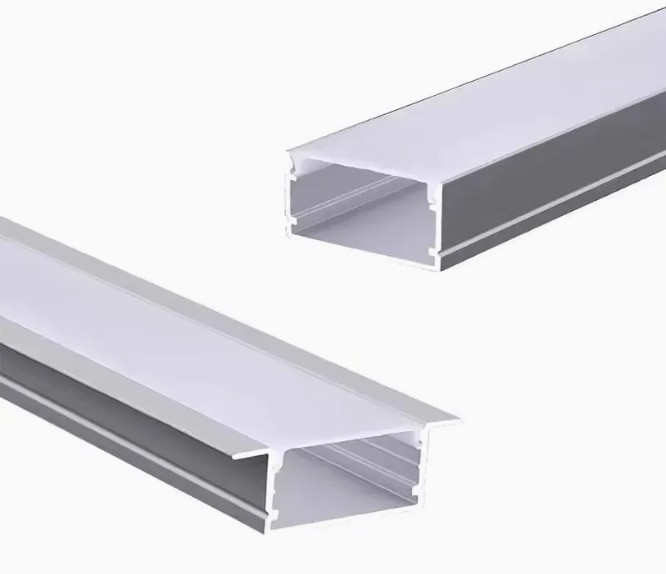Unlocking the Potential of Aluminum Profiles: Versatile, Durable, and Sustainable Solutions
Product description
Aluminum profiles are among the most sought-after materials in the modern construction, engineering, and manufacturing sectors. Their lightweight yet robust nature makes them an indispensable element across a wide range of industries. With over two decades of expertise in the field of Search Engine Optimization, it's clear that aluminum profiles are an essential component for innovation, efficiency, and sustainability. This article will provide an in-depth look at the features, advantages, and applications of aluminum profiles, and why they should be your material of choice for various projects.
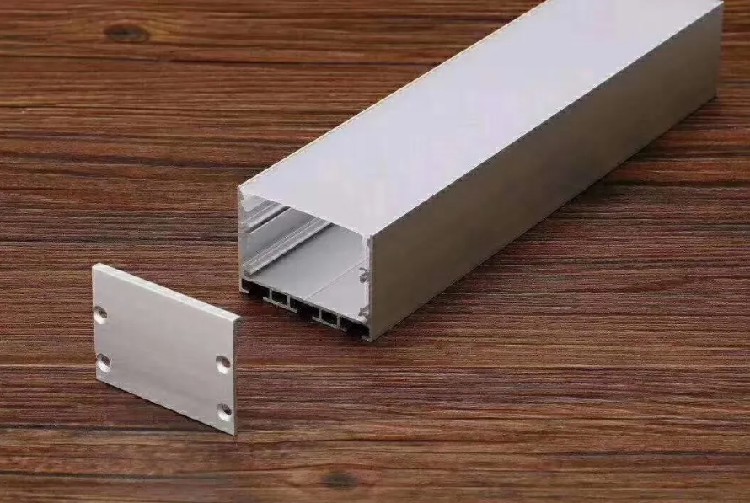
What Are Aluminum Profiles?
Aluminum profiles are specifically designed shapes or forms made from aluminum alloy, which are extruded into various designs to suit different needs. These profiles can be customized in a multitude of shapes, including but not limited to square, rectangular, circular, and more intricate designs that fit specialized requirements. Aluminum, being an incredibly versatile material, is used to create profiles that are lightweight, corrosion-resistant, and easy to process into various structures or products.
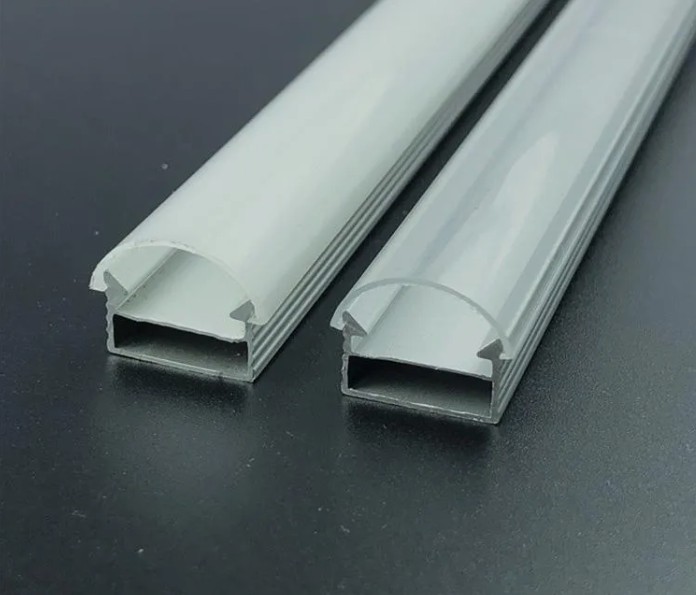
Key Features of Aluminum Profiles
1. Lightweight: Aluminum is inherently light, making aluminum profiles much easier to handle, transport, and install compared to heavier metals such as steel. This characteristic is crucial in applications where weight reduction is a significant factor such as in the aerospace, automotive, and construction industries.
2. Durability: One of the standout qualities of aluminum profiles is their remarkable durability. These profiles are resistant to corrosion, which makes them suitable for both indoor and outdoor applications. The protective oxide layer on aluminum naturally prevents rust and ensures that aluminum profiles maintain their structural integrity over long periods.
3. Customizability: Aluminum profiles can be extruded into endless shapes and sizes, allowing manufacturers and engineers to create highly specific designs. This customizability is a major advantage when designing products that need unique shapes or dimensions.
4. Eco-friendly: Aluminum is 100% recyclable without loss of quality, making it one of the most environmentally sustainable materials available. This makes aluminum profiles an excellent choice for companies that are looking to reduce their carbon footprint and adopt sustainable practices.
5. Ease of Fabrication: Aluminum is easy to machine, weld, and process, which makes working with aluminum profiles simple for manufacturers. Whether it's cutting, drilling, or bending, these profiles can be fabricated into virtually any required design without compromising their strength.
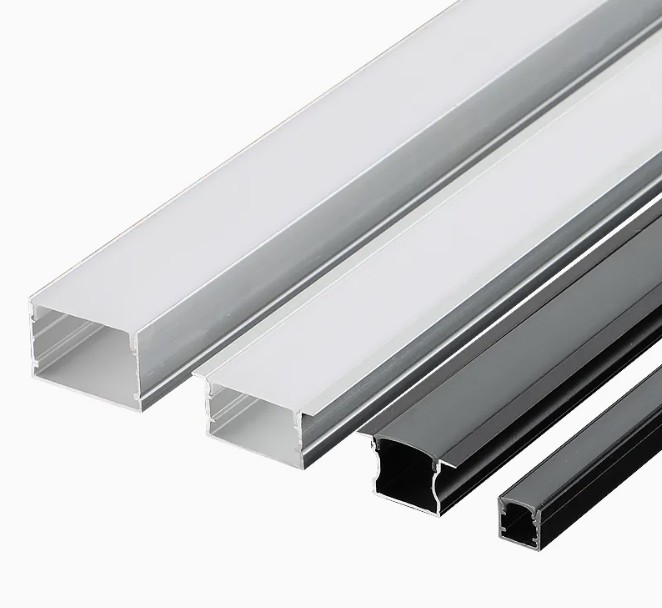
Major Advantages of Aluminum Profiles
1. Corrosion Resistance: As mentioned earlier, aluminum naturally resists corrosion, making aluminum profiles a great choice for outdoor applications or in environments with high humidity or salt exposure such as marine or coastal regions.
2. Strength-to-Weight Ratio: Aluminum profiles possess a remarkable strength-to-weight ratio. This means they can provide excellent structural support while remaining light enough to reduce the overall weight of the final product such as in transportation or heavy equipment manufacturing.
3. Aesthetic Flexibility: Aluminum profiles can be anodized or powder-coated to achieve a variety of finishes, including glossy, matte, or textured. This makes them ideal for architectural applications, where appearance is just as important as performance.
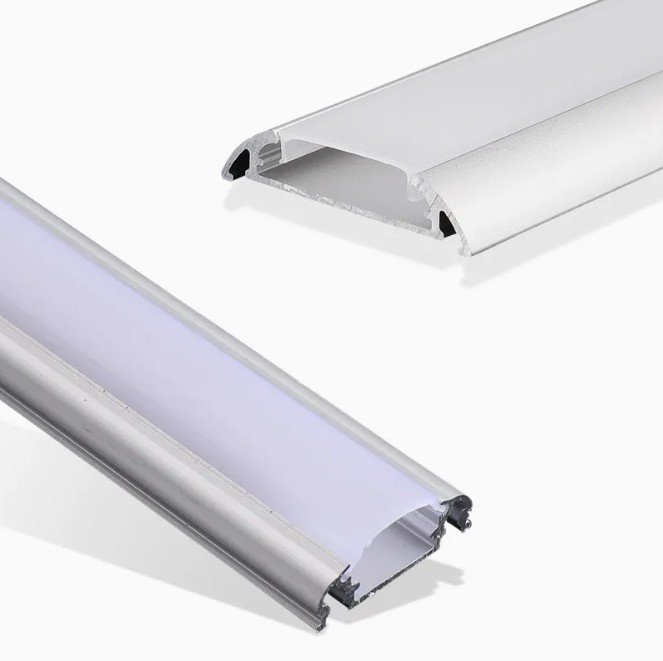
Common Applications of Aluminum Profiles
1. Construction and Architecture: In the construction industry, aluminum profiles are widely used in window and door frames, curtain wall systems, and facades. Their lightweight yet durable nature makes them perfect for creating large and complex structures while ensuring ease of installation.
2. Automotive Industry: Automotive manufacturers use aluminum profiles in car chassis, body parts, and frames. The lightweight nature of aluminum contributes to fuel efficiency, while its strength ensures vehicle safety.
3. Electronics and Industrial Equipment: Aluminum profiles are commonly used in the production of enclosures for electronic devices such as computer housings and power equipment due to their excellent thermal conductivity and resistance to electromagnetic interference.
4. Solar Panels: Aluminum profiles are extensively used in the framing of solar panels. Their corrosion resistance ensures the longevity of solar panel systems, while their lightweight properties allow for easy installation and maintenance.
5. Furniture and Display Systems: Aluminum profiles are also found in the design of modern furniture and retail display systems. Their sleek and contemporary appearance, combined with practical benefits such as adjustability and strength, makes them ideal for both functional and aesthetic purposes.
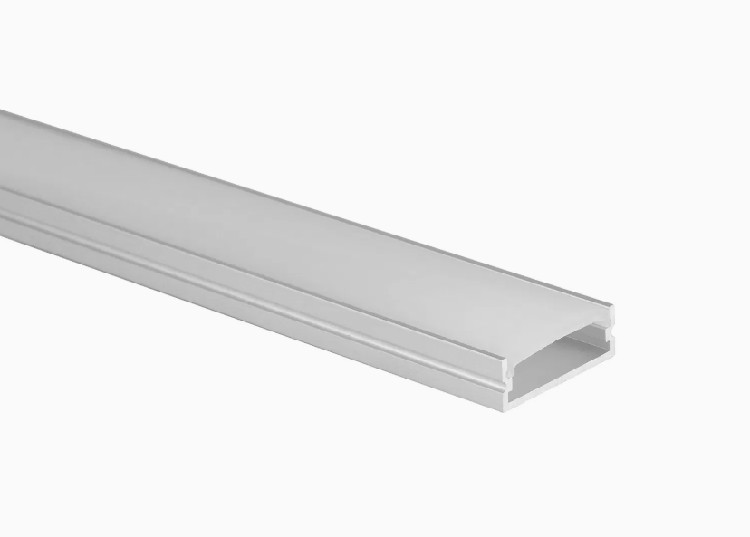
Why Choose Aluminum Profiles?
The versatility, durability, and sustainability of aluminum profiles make them an exceptional material for a wide range of industries. Whether you're designing for construction, manufacturing, or renewable energy, aluminum profiles offer an optimal balance of strength, lightweight properties, and resistance to environmental factors. By choosing aluminum profiles, you are investing in a long-lasting, environmentally friendly, and cost-effective solution for your projects.If you are considering a material upgrade or working on a new project that requires durability, adaptability, and sustainability, aluminum profiles could be the perfect solution to meet your needs.
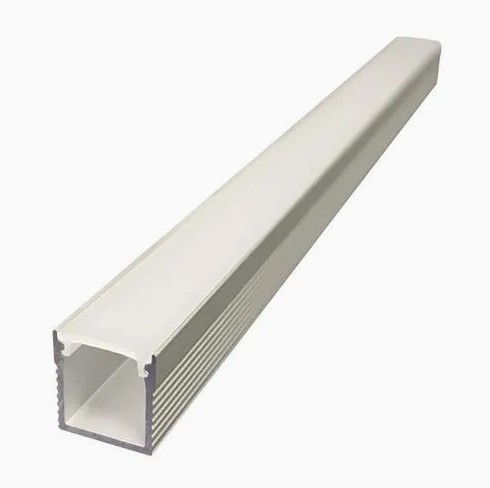
Recommended products
